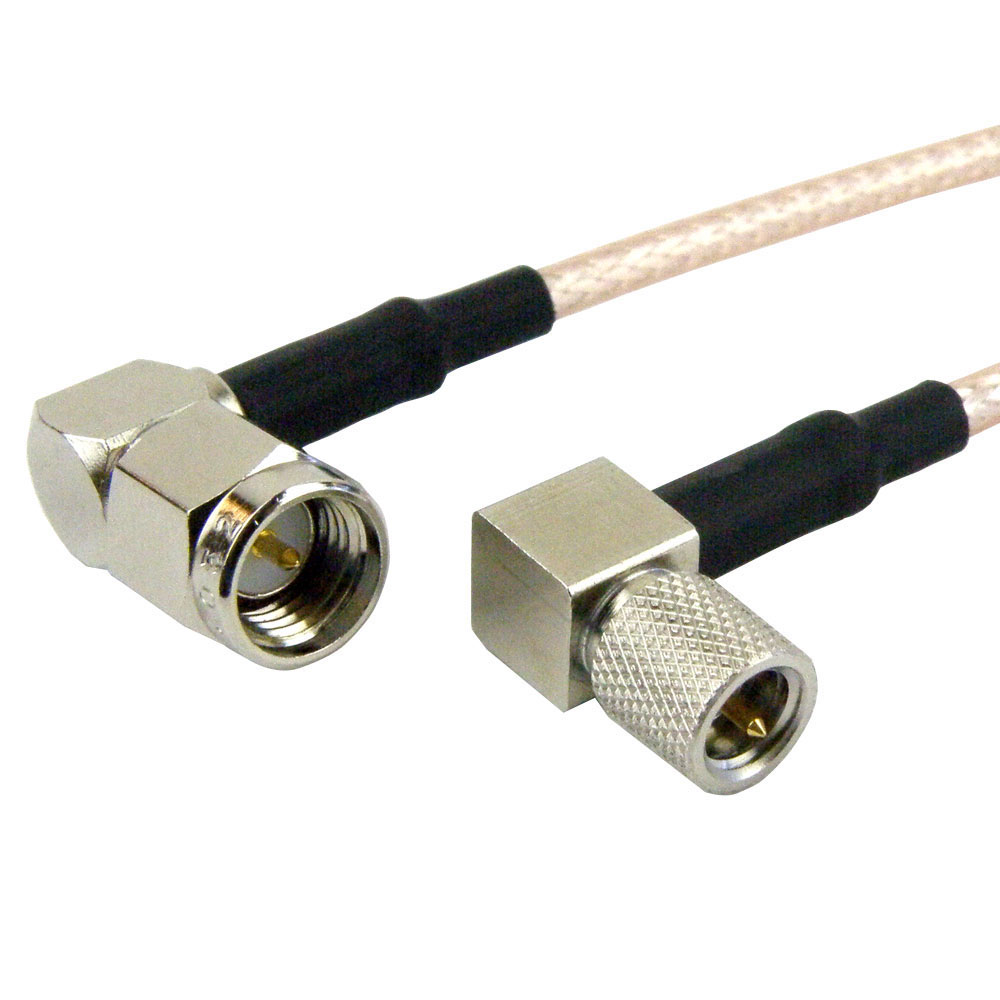There are several commonly used methods of carrying electromagnetic energy along conductive pathways. The most common of which for RF applications are RF cable assemblies, such as coaxial cable or twisted pair. The better shielding and lower loss capability of coaxial cable means that for frequencies over a couple hundred-megahertz, coaxial cable assemblies are the most commonly used for high frequency applications from hundreds of megahertz to over 110 GHz. These cables are used in virtually every RF application, from home fixed wireless access to space communications. There are RF cable assemblies made for every environment RF equipment is used, including automotive, train/rail, marine/naval, aerospace, military/defense, and commercial.

RF coaxial cable assemblies are composed of three separate components and the method of attachment between the components. Each coaxial cable assembly has a coaxial cable and two coaxial connectors. The coaxial connectors need to be compatible with the coaxial cable, but not necessarily the same coaxial connector type. A coaxial cable assembly needs to be attached, or otherwise manufactured, in such a way that the coaxiality of the transmission line is maintained throughout the assembly. Coaxiality refers to the alignment of the inner conductor of the cable or connector and the outer shielding of the cable or connector. In some cases, a RF cable assembly may have a connector that is not a coaxial connector, but instead a banana connector or even exposed center conductor for specific use cases.
Coaxial Cables typically have a center conductor, dielectric spacer, an outer conductor, and an outer cable jacket. There may be a variety of additional layers to enhance environmental protection, physical ruggedness, or to enhance electrical performance. Though the most common type of coaxial cable found as cable assemblies is flexible cable, or flex cable, there is also rigid and semi-rigid coaxial cable. These cables tend to exhibit better electrical performance than flexible coaxial cables at the cost of less physical flexibility and the flexibility to be used in a variety of applications. RF Cables may have one of a variety of different connectors, the most common of which are threaded coaxial connector types, such as SMA, N-type, 4.3-10 DIN, 3.5mm, etc. There are also several common types of coaxial connectors that are push-connect, such as SMP, MCX, MMCX, QMA, and others. Bonnet style fittings are also common but are limited in frequency to 2 GHz. Different connectors can be used for each end of the coaxial cable assembly, but it is important to note that the maximum frequency of the cable, and many other of the electrical performance parameters, will be limited by the lowest rated of the coaxial cable assembly components


